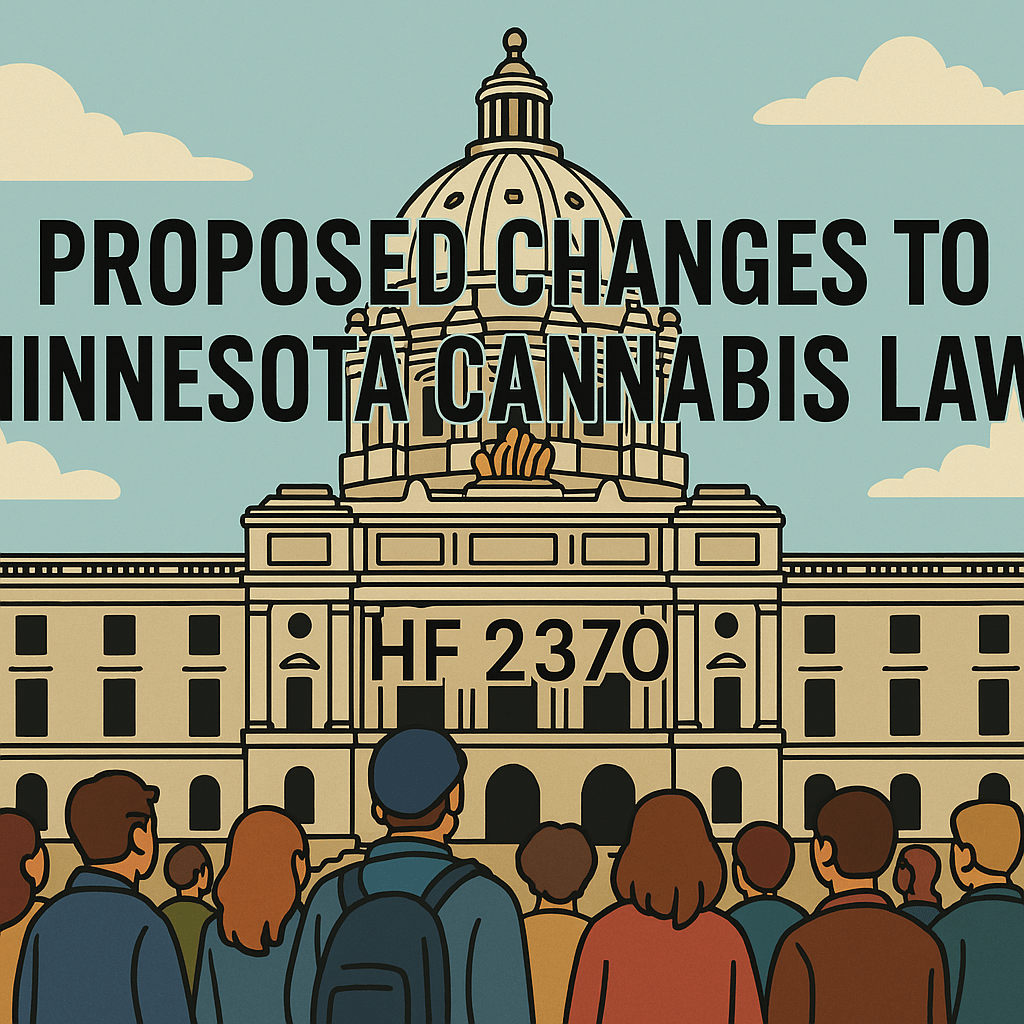Introduction: Brazil's Pivotal Moment in Hemp Regulation
Brazil stands at a critical juncture in its approach to hemp regulation. In November 2024, the Superior Court of Justice (STJ) authorized the cultivation of industrial hemp—defined as Cannabis sativa with less than 0.3% THC—for medicinal and pharmaceutical purposes. This decision mandated that the National Health Surveillance Agency (Anvisa) and the federal government establish regulations within six months, setting a deadline of May 19, 2025.
However, just days before the deadline, Anvisa suspended its proposed regulations, citing a "need for alignment" without providing further details. This unexpected move has left stakeholders in the hemp industry uncertain about the future of hemp regulation in Brazil.
The Legal Landscape: Distinguishing Hemp from Psychoactive Cannabis
Historically, Brazil's Narcotics Law (Law 11.343/2006) did not differentiate between hemp and psychoactive cannabis, leading to a blanket prohibition on all Cannabis sativa derivatives. The STJ's 2024 ruling marked a significant shift by recognizing that industrial hemp, due to its low THC content, lacks psychoactive properties and should not be classified under the same restrictions as marijuana. This distinction aimed to facilitate the development of a legal framework for hemp cultivation, addressing both the medicinal needs of patients and the economic potential of the hemp industry.
Regulatory Challenges and Institutional Tensions
Despite the STJ's clear directive, Anvisa's sudden suspension of the regulatory process has raised questions about the agency's commitment to implementing hemp reform. The lack of transparency and communication from both Anvisa and the Ministry of Agriculture (MAPA) has fueled speculation about internal disagreements and political pressures influencing the decision-making process.
This regulatory uncertainty hampers investment and development in the hemp industry, deterring entrepreneurs and investors from engaging in hemp-related ventures. Farmers interested in diversifying their crops with industrial hemp face ambiguity, affecting their planning and resource allocation. Patients who were hopeful about gaining affordable, local access to hemp-derived medicines now face indefinite delays.
Implications for the Hemp Industry
The suspension of the regulatory process has significant implications for various stakeholders:
-
Patients and Healthcare Providers: The lack of a regulatory framework delays access to hemp-derived medicinal products, potentially impacting patients who rely on such treatments.
-
Entrepreneurs and Investors: The uncertainty hampers investment and development in the hemp industry, deterring entrepreneurs and investors from engaging in hemp-related ventures.
-
Agricultural Sector: Farmers interested in diversifying their crops with industrial hemp face ambiguity, affecting their planning and resource allocation.
-
Legal and Regulatory Bodies: Anvisa's non-compliance with the STJ's deadline raises questions about the enforcement of judicial decisions and the balance of power between Brazil's institutions.
The Path Forward: Potential Scenarios
As Brazil navigates this complex landscape, several potential scenarios could unfold:
-
Compliance with the STJ Ruling: Anvisa and MAPA could expedite the regulatory process to meet the court's deadline, demonstrating adherence to judicial mandates.
-
Request for Extension: The agencies might formally request additional time from the STJ, providing justifications for the delay and outlining a clear timeline for regulation.
-
Partial Regulation: Implementing limited regulations, such as permitting indoor cultivation under strict conditions, could be a compromise to initiate the industry while addressing concerns.
-
Continued Suspension: Maintaining the suspension without clear communication could lead to legal challenges and further erode confidence in the regulatory process.
Global Perspectives: Thailand's Embrace of Hemp-Derived THC
While Brazil grapples with regulatory uncertainties, other countries have made significant strides in integrating hemp-derived THC into their legal frameworks. Thailand, for instance, has decriminalized cannabis, making it the first country in Asia to do so. This shift has led to a proliferation of cannabis products and businesses, transforming areas like Bangkok's Khao San Road into hubs for cannabis enthusiasts. The move is partly aimed at reducing the prison population and helping rural farmers by making cannabis a cash crop. Critics fear the benefits may not reach small farmers and could be monopolized by big corporations. Moreover, despite the legal change, cannabis use remains restricted in certain conditions, and exporting the drug faces significant challenges. The Thai cannabis industry faces an uncertain future, with potential for both growth and the risk of a return to stringent regulations. Time
Conclusion: Seizing the Opportunity for Hemp Reform
The suspension of hemp rulemaking by Anvisa, despite a clear directive from Brazil's Superior Court of Justice, underscores the complexities of regulatory processes and the challenges of aligning institutional actions with judicial decisions. For Brazil to harness the medicinal and economic benefits of industrial hemp, transparent communication, adherence to legal mandates, and collaborative efforts among stakeholders are essential.
As the situation unfolds, the actions taken by Anvisa and MAPA in the coming days will be pivotal in shaping the future of hemp regulation in Brazil. Embracing hemp reform not only aligns with global trends but also offers Brazil an opportunity to position itself as a leader in the sustainable and medicinal use of cannabis.
For more detailed information, refer to the original article: Brazil suspends hemp rulemaking despite Supreme Court deadline to regulate.








































